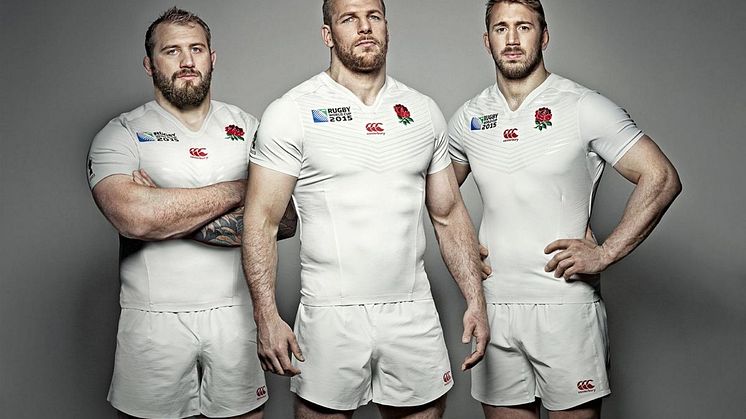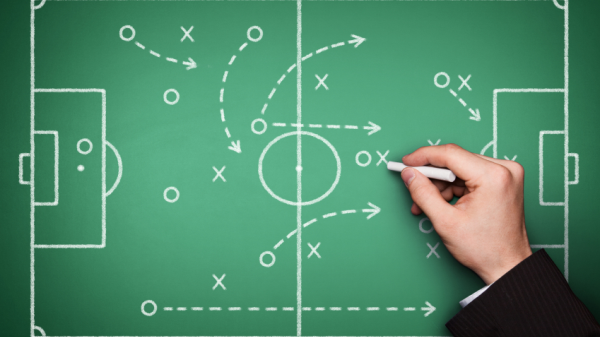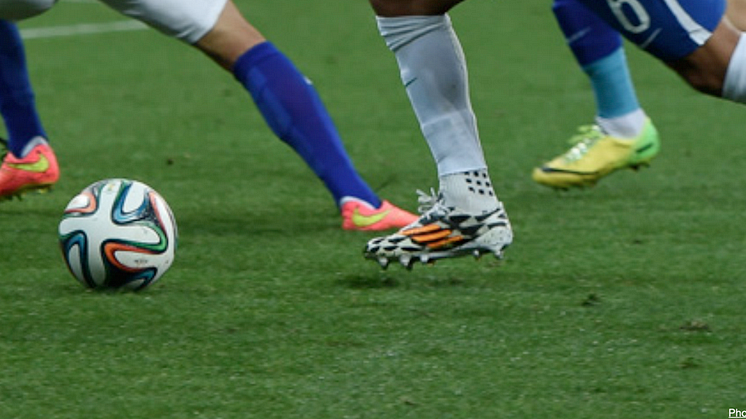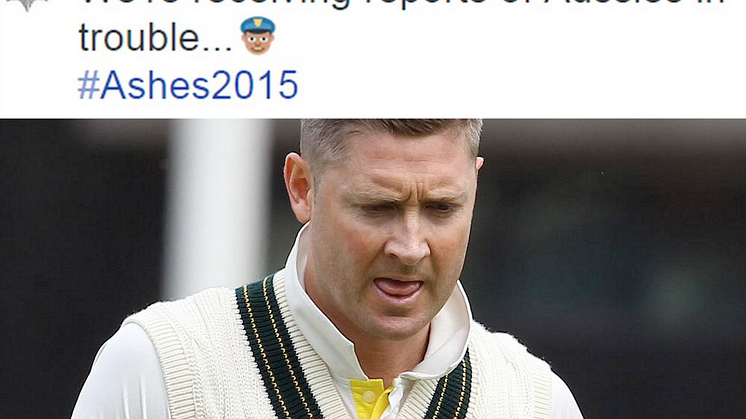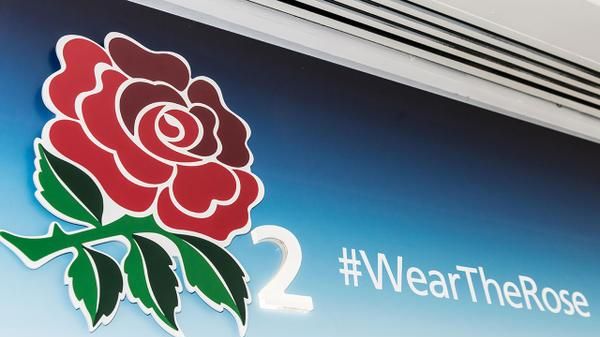
Blog post -
Where O2 Went Wrong With The Rugby World Cup
As any rugby fan will know all too well, after just four matches England made a dramatic exit from the Rugby World Cup 2015. And while this was disappointing for England fans, it has also significantly impacted other key stakeholders - the sponsors.
UK businesses, including pubs, hotels and supermarkets, are estimated to lose up to £500m and this is largely down to many of them having backed England as a large part of their advertising campaign.
This year’s competition had a huge number of sponsors, many of whom used England as a backdrop to their advertorial campaigns, but it is O2 has been hit the hardest and is now left with the issue of having a campaign which is now redundant.
How O2 'fellback'
O2 not only ran the campaign “Make Them Giants”, a TV ad which centred around the team’s players, but they also changed their brand logo to incorporate the rose. Their official ties with England Rugby has meant they have been left with little choice but to stick with their original campaign. But this may have a detrimental impact on the effectiveness and perception of the brand and O2 might now be deemed as an organisation who’s slow to react and adapt. And therein lies the importance of planning ahead and preparing for the unexpected.
The tactical thinkers
Despite England’s failings, some of its sponsors (i.e. Land Rover) got it spot-on by backing the entire event as opposed to individual teams.
Guinness were wise. They used stories as the focus of their adverts. Heineken, ITV and Emirates have all been smart in their advertising too, using no affiliations in particular, thus meaning they can still engage with their customer base without the risk of alienating any of the demographic. This maximises the effectiveness of their campaigns and ensures the relevance of them does not deteriorate.
Post Match review
Overall, most companies have coped well with England’s exit and managed to connect and engage their audiences. However, for O2 who are still using England in their campaigns, there has been a real oversight in preparing for the worst. And therein lies the key takeout. While, direct affiliations can have benefits, preparing for the worst case scenario is fundamental; arm your brand with a back-up campaign, or simply approach the events with a broader affiliation.
This advice may have come too late for O2 but it is likely that they will think far more intensely before committing to future associations adverts.


